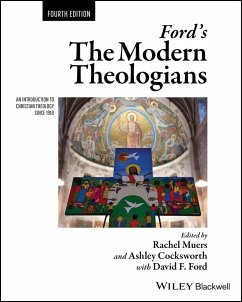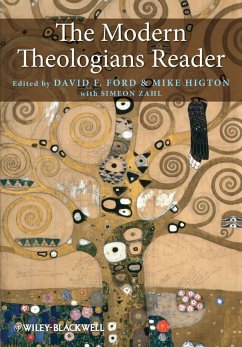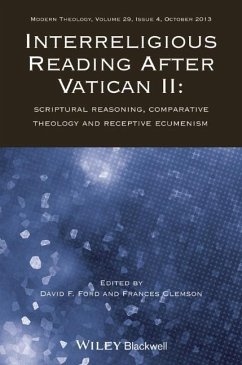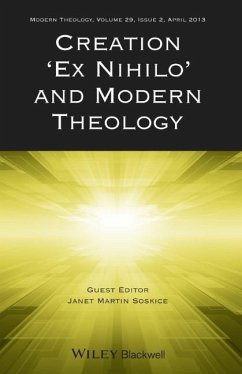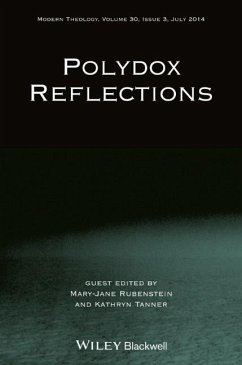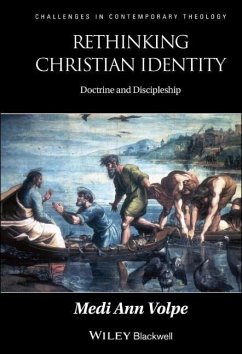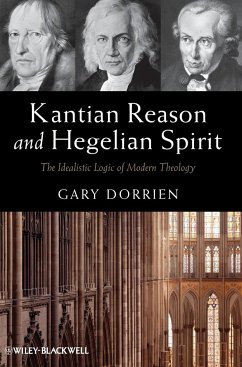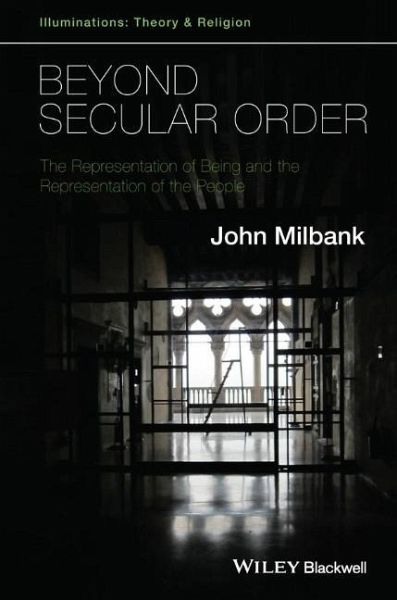
Beyond Secular Order - The Representation of Beingand the Representation of the People
Versandkostenfrei!
Versandfertig in über 4 Wochen
43,99 €
inkl. MwSt.
Weitere Ausgaben:

PAYBACK Punkte
22 °P sammeln!
Beyond Secular Order is the first of a two-volume work that expands upon renowned theologian John Milbank's innovative attempt to understand both theology and modern thought begun in his previously published classic text Theology and Social Theory .Continues Milbank's innovative attempt to understand both theology and modern thought begun in Theology and Social Theory - considered a classic work in the development of systematic theologyAuthored by one of the world's most influential and highly regarded contemporary theologiansDraws on a sweep of ideas and thinkers to argue that modern seculari...
Beyond Secular Order is the first of a two-volume work that expands upon renowned theologian John Milbank's innovative attempt to understand both theology and modern thought begun in his previously published classic text Theology and Social Theory .
Continues Milbank's innovative attempt to understand both theology and modern thought begun in Theology and Social Theory - considered a classic work in the development of systematic theology
Authored by one of the world's most influential and highly regarded contemporary theologians
Draws on a sweep of ideas and thinkers to argue that modern secularism is a form of Christian heresy that developed from the Middle Ages and can only be overcome by a renewed account of Christendom
Shows how this heresy can be transformed into a richer blend of religion, modernity and politics
Reveals how there is a fundamental homology between modern ideas about ontology and knowledge and modern ideas about political action, expressed in both theory and practice
Continues Milbank's innovative attempt to understand both theology and modern thought begun in Theology and Social Theory - considered a classic work in the development of systematic theology
Authored by one of the world's most influential and highly regarded contemporary theologians
Draws on a sweep of ideas and thinkers to argue that modern secularism is a form of Christian heresy that developed from the Middle Ages and can only be overcome by a renewed account of Christendom
Shows how this heresy can be transformed into a richer blend of religion, modernity and politics
Reveals how there is a fundamental homology between modern ideas about ontology and knowledge and modern ideas about political action, expressed in both theory and practice






